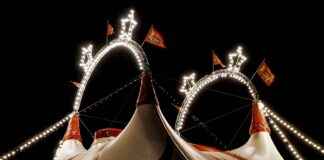This article delves into the intriguing history of Denise Richards’ nude photos, exploring whether these incidents were genuine leaks or carefully orchestrated publicity stunts. The conversation surrounding celebrity privacy and the impact of digital media has never been more pertinent, especially when it comes to high-profile figures like Richards.
The first notable incident involving Denise Richards and nude photos raised eyebrows and sparked discussions about celebrity privacy and media ethics. In the early 2000s, a series of private photographs were leaked online, causing a media frenzy. Many speculated whether these were true leaks or if they were part of a calculated publicity strategy to reignite interest in Richards’ career. At the time, she was already a well-known actress, but the controversy surrounding the leaks undoubtedly placed her back in the public eye.
During this period, the entertainment industry was beginning to grapple with the implications of the internet on celebrity privacy. The rapid spread of information online made it easier for personal images to circulate without consent, raising ethical questions about the media’s role in perpetuating such invasions of privacy. This incident marked a turning point in how celebrities manage their public personas and the risks associated with digital exposure.
Denise Richards’ reactions to the leaks highlighted her perspective on privacy and celebrity culture. Initially, she expressed outrage and disappointment, emphasizing that the photos were intended for personal use only. Richards stated that the violation of her privacy felt deeply personal and hurtful. However, as time passed, her approach evolved.
Richards began to speak out about the broader implications of such incidents, advocating for better protections for individuals in the digital space. In interviews, she emphasized the importance of consent and the need for society to respect personal boundaries. Her responses reflected a growing awareness of the psychological toll that public scrutiny can take on individuals, particularly women in the spotlight.
The implications of nude photo leaks extend beyond the individual involved, affecting public perception, media responsibility, and the broader conversation around consent and privacy in the digital age. Such leaks can lead to severe emotional distress for the celebrities involved, impacting their mental health and personal relationships.
Moreover, the media’s role in reporting on these incidents raises ethical questions. Should outlets prioritize sensationalism over respect for individuals’ privacy? As consumers of media, it’s crucial to consider the impact of our engagement with such stories and the potential harm they can cause.
- Public Perception: Celebrity nude photo leaks can alter how the public views the individual, often leading to judgment based on personal circumstances rather than professional achievements.
- Media Responsibility: Journalists and media outlets must navigate the fine line between reporting newsworthy events and invading personal privacy.
- Consent and Privacy: Each incident sparks conversations about the need for clearer boundaries and respect for personal space in the age of digital sharing.
Social media platforms have played a pivotal role in shaping the narrative surrounding Denise Richards. With the rise of platforms like Twitter and Instagram, fans and critics alike can voice their opinions instantly, creating a dynamic dialogue around her experiences. This immediate feedback loop can amplify both support and criticism, affecting how Richards is perceived in the public eye.
In many ways, social media has empowered celebrities to control their narratives more effectively. Richards has utilized these platforms to share her perspective, clarify misconceptions, and connect with her audience on a personal level. However, it also exposes her to real-time judgment and scrutiny, which can be both a blessing and a curse.
Publicity is a double-edged sword in celebrity culture, often blurring the lines between genuine personal expression and calculated marketing strategies. For Denise Richards, navigating this landscape has required a careful balance. While publicity can rejuvenate a career, it can also lead to invasive scrutiny and unwanted attention.
In the competitive world of entertainment, maintaining visibility is crucial, but the methods employed can lead to ethical dilemmas. Are celebrities orchestrating their controversies for attention, or are they victims of a system that thrives on sensationalism? This question remains at the forefront of discussions about celebrity culture and privacy.
Fan perception of Denise Richards has evolved over time, influenced by her handling of nude photo incidents and her overall presence in the media. Initially, some fans expressed sympathy, recognizing the violation of her privacy. Over time, however, opinions have varied, with some viewing her as a resilient figure who has navigated the challenges of fame with grace.
Richards’ ability to engage with her audience authentically has helped to reshape her image. Many fans appreciate her candidness about the struggles of being in the public eye, fostering a sense of connection and support. This evolving perception highlights the importance of personal narratives in shaping public opinion.
Legal responses to nude photo leaks can be complex, involving discussions about copyright, privacy laws, and the rights of individuals in the digital landscape. In many cases, celebrities like Richards have pursued legal action against those responsible for the leaks, seeking to hold them accountable for the violation of their privacy.
However, the effectiveness of these legal measures can vary. The rapid pace of digital sharing often complicates efforts to track down the original sources of leaks, making it challenging to achieve justice. This legal landscape underscores the need for stronger protections for individuals in the digital age.
Examining how other celebrities respond to nude photo leaks provides insights into varying strategies and the common challenges they face in maintaining their public image. Some choose to remain silent, while others actively engage with the media to control the narrative. Each approach has its merits and drawbacks, reflecting the diverse experiences of public figures in the face of adversity.
The psychological toll of nude photo leaks can be significant, impacting mental health, self-image, and personal relationships for those involved. Many celebrities report feelings of anxiety, depression, and a sense of violation following such incidents. The public scrutiny that follows can exacerbate these feelings, leading to long-term effects on their mental well-being.
Richards’ experience serves as a reminder of the human side of celebrity culture, highlighting the need for empathy and understanding in discussions about privacy and consent.
Public relations strategies have had to adapt rapidly in response to the challenges posed by digital media, particularly concerning sensitive incidents like nude photo leaks. Celebrities now often engage in proactive communication, using social media to address issues directly and clarify their positions.
This shift reflects a broader trend in public relations, where transparency and authenticity are valued. By taking control of their narratives, celebrities can mitigate the potential damage caused by leaks and maintain a connection with their audience.
Denise Richards’ experiences serve as a case study in the importance of privacy, consent, and the need for respectful discourse around celebrity culture. As society continues to navigate the complexities of digital sharing, her story highlights the necessity of establishing boundaries and fostering a culture of respect for personal privacy.
Media outlets face ethical dilemmas when reporting on nude photo leaks, balancing the public’s right to know with the individual’s right to privacy. The sensational nature of such stories often leads to increased scrutiny of the media’s role in perpetuating harm. As consumers, it is essential to critically evaluate the content we engage with and consider the implications of our consumption.
The long-term effects of publicity stunts can vary, influencing a celebrity’s career trajectory, public perception, and personal life in unexpected ways. For some, these incidents can lead to renewed interest and opportunities, while for others, they may result in lasting stigma or damage to their reputation.
Public reaction plays a critical role in shaping the narratives surrounding celebrities, influencing how incidents are perceived and discussed in the media. The collective response can either support or undermine a celebrity’s image, highlighting the power of public opinion in the digital age.
The boundaries of celebrity and privacy continue to be challenged, raising questions about what is acceptable in the public eye and what should remain private. As society grapples with these issues, it becomes increasingly important to advocate for respectful discourse and recognize the humanity behind the headlines.
Societal support for celebrities facing nude photo leaks can foster a healthier dialogue around privacy, consent, and the impact of digital media on personal lives. By promoting empathy and understanding, we can create an environment that prioritizes respect for individuals’ rights and dignity.
In conclusion, the history of Denise Richards’ nude photos raises essential questions about privacy, publicity, and the evolving landscape of celebrity culture. As we navigate these complex issues, it’s crucial to foster a respectful discourse that recognizes the humanity behind the headlines.
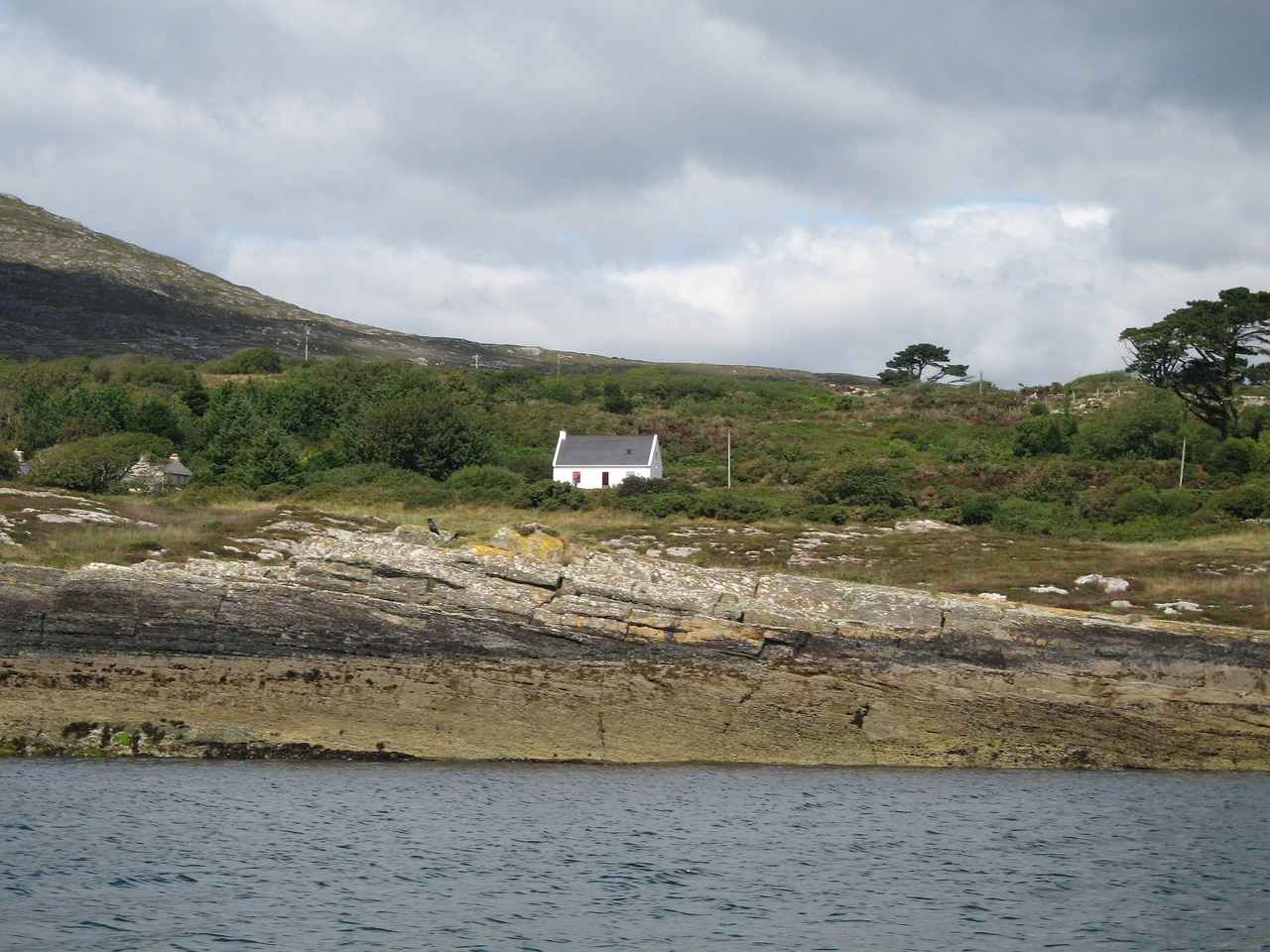
What Led to the First Nude Photo Leak of Denise Richards?
The world of celebrity often intertwines with the complexities of privacy, particularly when it comes to sensitive subjects such as nude photo leaks. One of the most talked-about incidents in recent years involved actress Denise Richards. This incident not only raised eyebrows but also ignited a broader conversation about the ethics of media and the right to privacy for public figures. In this section, we will explore the circumstances surrounding the first notable nude photo leak of Denise Richards, examining the implications for both her personal life and the media landscape.
The first leak occurred in the early 2000s, a time when the internet was rapidly evolving, and social media was just beginning to take hold. Denise Richards was already a well-known actress, famous for her roles in films like Wild Things and Starship Troopers. The leak of her nude photos came as a shock to many, not only due to her celebrity status but also because of the manner in which the images surfaced. The photos were reportedly taken during a private moment and subsequently shared without her consent, raising significant questions about the nature of consent and privacy in the digital age.
This incident sparked intense media scrutiny and discussions about the ethics of sharing such personal content. Many argued that the leak was a blatant violation of Richards’ privacy rights, while others speculated whether it was a calculated move for publicity. The fine line between genuine leaks and strategic publicity stunts became a focal point of debate. In an age where celebrity culture often thrives on scandal, the motivations behind such leaks can be difficult to discern.
Additionally, the leak highlighted the vulnerability of celebrities in a digital world where personal boundaries are frequently crossed. The public’s insatiable appetite for celebrity news often leads to a disregard for the personal lives of those in the spotlight. Richards, like many celebrities, became a victim of this phenomenon, forcing her to navigate the fallout of the incident while maintaining her career.
Moreover, the incident underscored the need for a conversation about media ethics. Should media outlets respect the privacy of individuals, even if they are public figures? The answer is not straightforward. While the public has a right to information about celebrities, this should not come at the cost of their dignity and privacy. The discussions that arose from Richards’ experience set a precedent for how similar cases should be handled in the future.
In conclusion, the first nude photo leak involving Denise Richards was not just an incident; it was a significant moment that brought to light the complexities surrounding celebrity privacy, media ethics, and the delicate balance that exists in the public eye. As we continue to navigate the evolving landscape of celebrity culture, it is crucial to engage in respectful discourse that acknowledges the humanity behind the headlines.
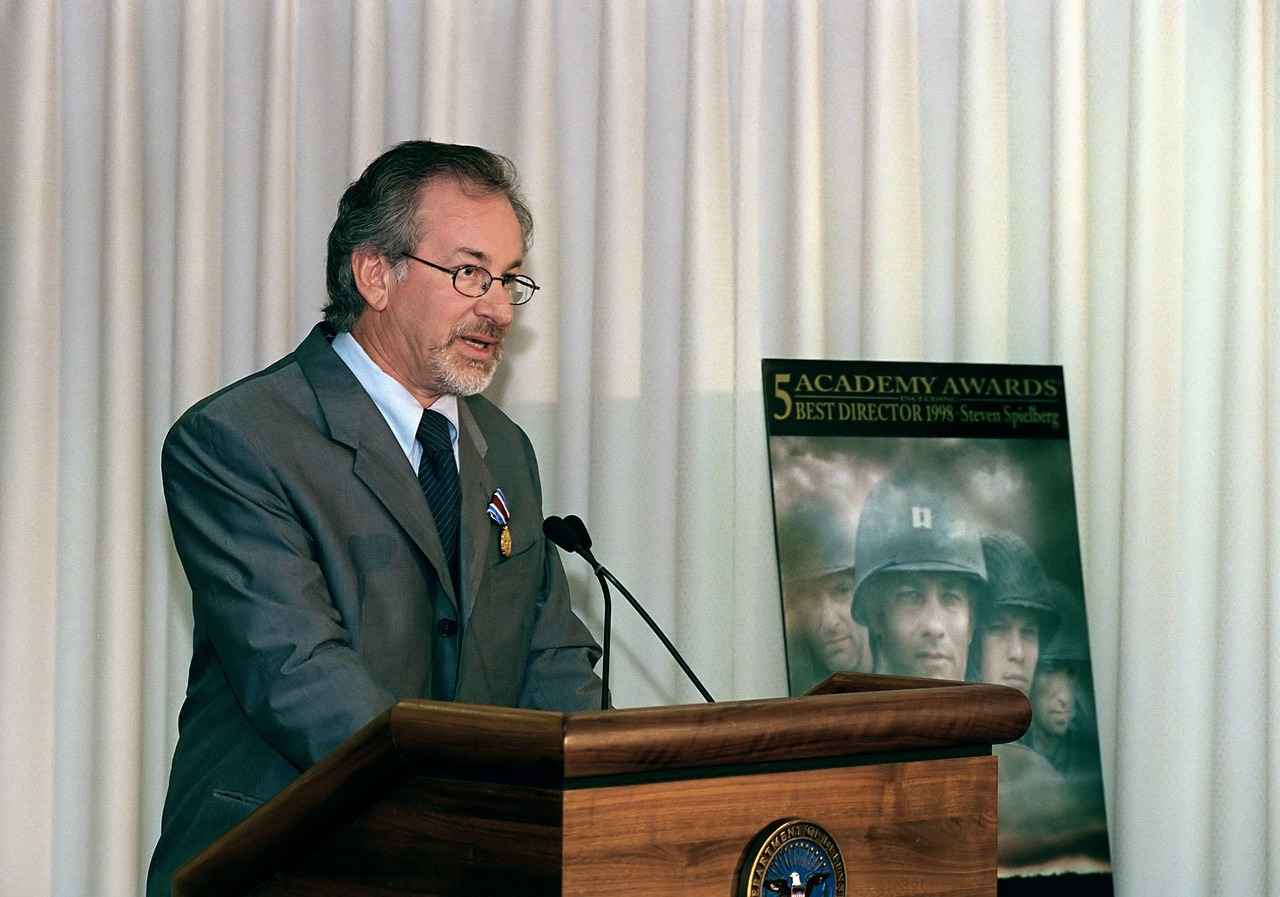
How Did Denise Richards Respond to the Nude Photo Leaks?
Denise Richards has been a prominent figure in Hollywood for years, known not only for her acting skills but also for her resilience in the face of challenges, including the leaks of her private photos. The way she responded to these incidents provides a window into her views on privacy, the nature of celebrity culture, and how such events can affect personal and professional life.
When the first nude photo leak occurred, the public and media were quick to speculate on the implications. Richards, however, took a different approach. Instead of hiding away or becoming defensive, she chose to address the situation head-on. In various interviews, she emphasized the importance of consent and the need for individuals, especially celebrities, to have control over their own images. Her stance was clear: leaks of personal photos are not just a violation of privacy; they are an assault on an individual’s autonomy.
Richards also highlighted how such incidents can profoundly impact mental health. In her candid discussions, she shared that the emotional toll of having private moments exposed to the world can be overwhelming. She expressed concern not just for herself but for others who may not have the same platform or support system. This aspect of her response resonates with many, as it sheds light on the often-ignored psychological effects of living in the public eye.
Moreover, Denise Richards utilized social media to communicate her feelings and thoughts about the leaks. By sharing her experiences online, she engaged with her fans and supporters, fostering a dialogue about privacy rights in the digital age. This interaction not only humanized her but also helped to create a community of individuals who advocate for respect and understanding in the face of such violations.
In addition to her emotional responses, Richards also took practical steps to protect her privacy moving forward. She became more cautious about what she shared online and took measures to secure her personal information. This proactive approach is a powerful reminder of the importance of digital security, especially for those in the public eye.
In summary, Denise Richards’ response to the nude photo leaks was multifaceted. She addressed the issue with a blend of honesty and strength, advocating for privacy and mental health awareness. By doing so, she not only defended her own dignity but also sparked a larger conversation about the rights of individuals in a world where personal boundaries are often blurred. Her journey serves as a crucial reminder of the need for respect and understanding in celebrity culture.
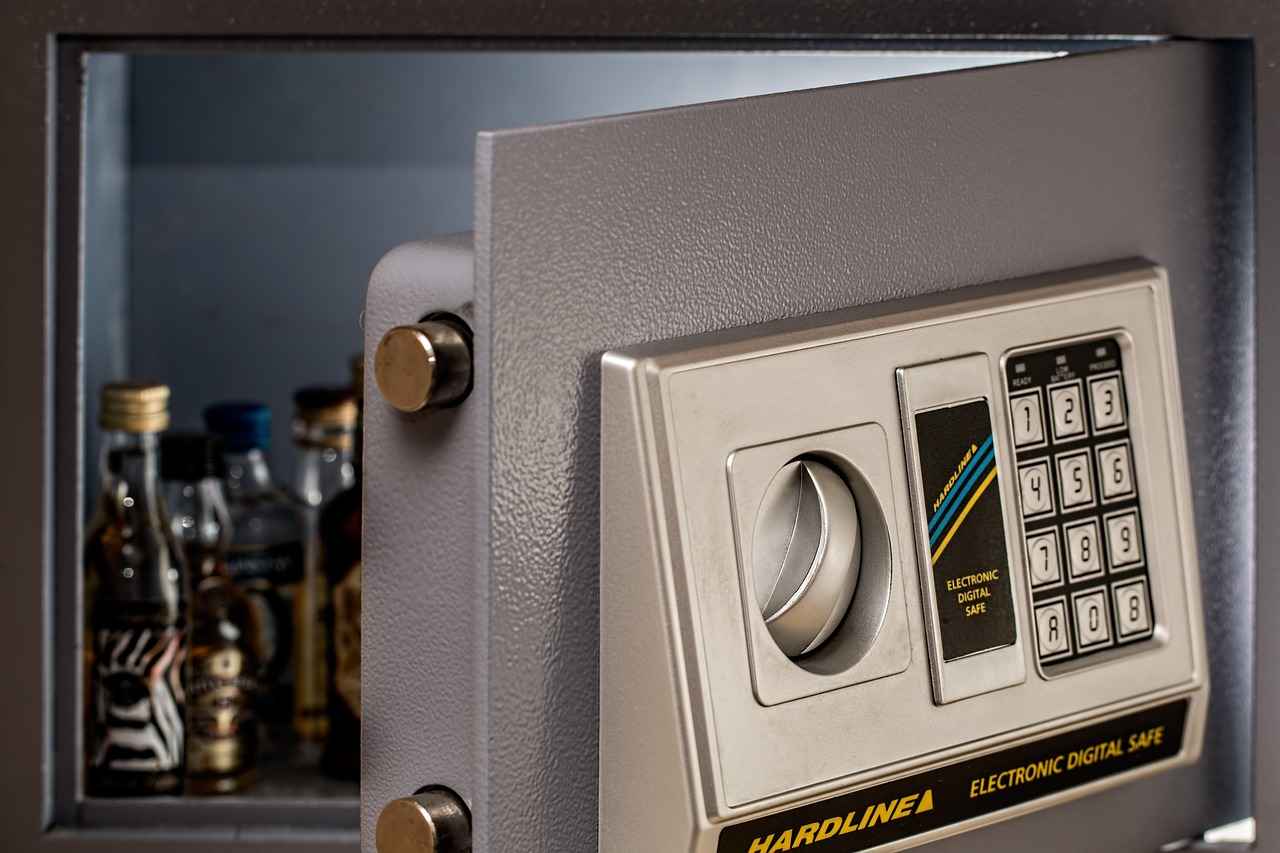
What Are the Implications of Celebrity Nude Photo Leaks?
In recent years, the issue of celebrity nude photo leaks has become a hot topic, sparking debates about privacy, consent, and the role of media in our digital age. These leaks often lead to significant consequences not just for the individuals involved, but also for society at large. Understanding the implications of these incidents is crucial in navigating the complex landscape of celebrity culture and digital ethics.
The implications of celebrity nude photo leaks extend far beyond the individuals directly involved. Firstly, they raise critical questions about privacy and consent. In an era where personal boundaries are increasingly blurred by technology, these leaks serve as a stark reminder of the vulnerabilities that come with being in the public eye. Celebrities often find themselves grappling with the fallout of having their most private moments exposed without their consent, leading to a broader discussion about the rights of individuals to control their own images.
Moreover, these incidents challenge media responsibility. When nude photos are leaked, media outlets face ethical dilemmas regarding their coverage. Should they publish these images or respect the individual’s right to privacy? The decision often reflects the media’s role in shaping public perception and can influence how society views the individuals involved. This raises questions about the moral obligations of journalists and the potential harm that sensationalized reporting can cause.
Additionally, the leaks contribute to the ongoing conversation about digital security. As technology advances, so do the methods used by malicious actors to exploit personal information. This highlights the need for improved security measures and greater awareness among public figures about protecting their digital assets. Celebrities often become targets due to their fame, but the implications extend to everyday individuals who may also find their privacy compromised.
Another significant aspect is the psychological impact on the individuals involved. The emotional toll of having personal, intimate images shared without consent can lead to feelings of shame, anxiety, and depression. This underscores the necessity for a supportive environment where victims of such leaks can seek help and healing. Society must foster a culture that prioritizes empathy over judgment, recognizing the human behind the headlines.
In conclusion, the implications of celebrity nude photo leaks are multifaceted, touching on issues of privacy, media ethics, digital security, and mental health. As we navigate the complexities of the digital age, it is essential to engage in respectful discourse that acknowledges the challenges faced by those in the public eye while advocating for a culture of consent and privacy.
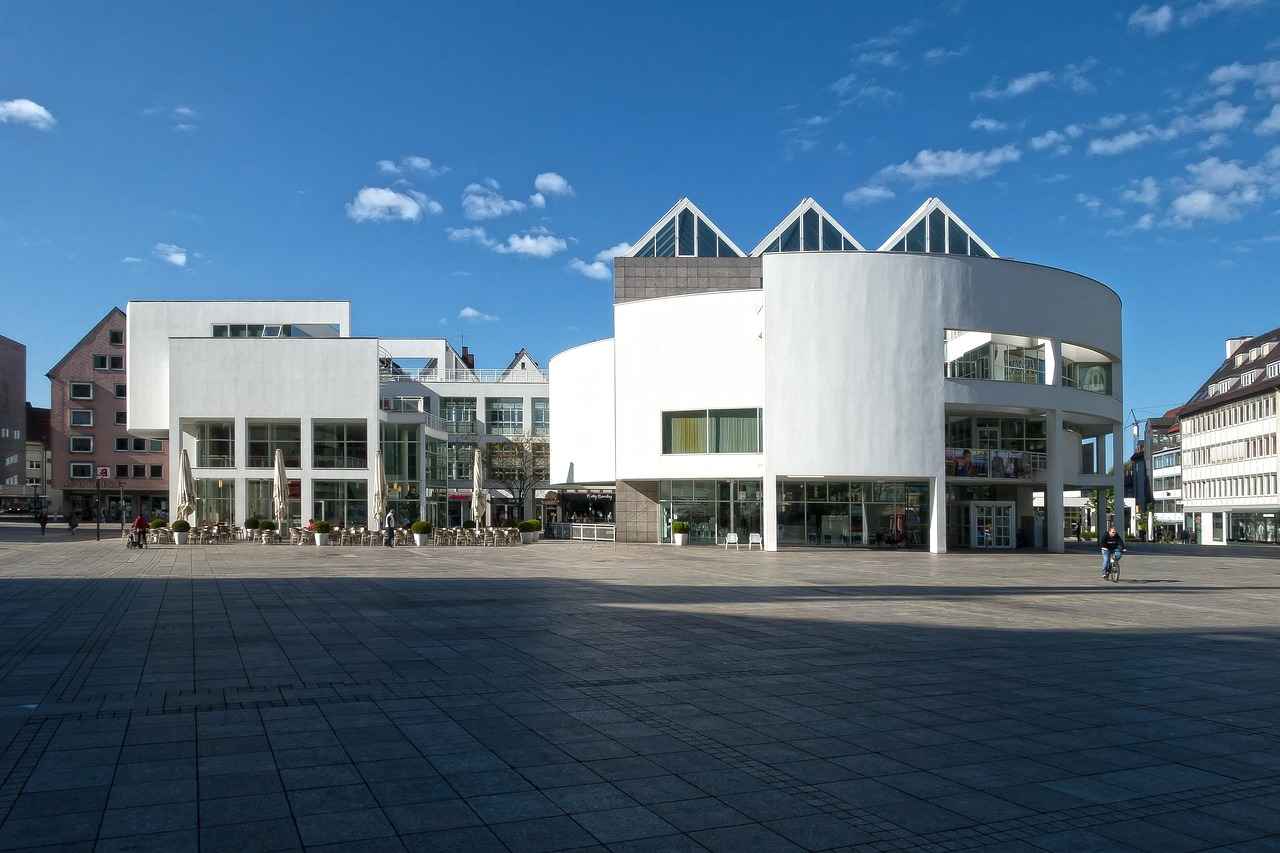
How Has Social Media Influenced the Narrative Around Denise Richards?
In today’s digital age, social media has transformed the way we communicate, share information, and perceive public figures. This is especially true for celebrities like Denise Richards, whose narrative has been significantly shaped by various social media platforms. The impact of these platforms goes beyond mere gossip; they create a space where fans and critics alike can voice their opinions, share experiences, and engage in discussions that influence public perception.
Social media platforms such as Twitter, Instagram, and Facebook have become powerful tools for celebrities to connect with their audience. For Denise Richards, these platforms have allowed her to share her side of the story amid controversies, including the public’s reaction to her nude photo incidents. By directly addressing her followers, she has the opportunity to clarify misunderstandings and shape her image.
One of the most significant ways social media has influenced Richards’ narrative is through real-time engagement. Fans can comment on her posts, share their thoughts, and express support or criticism almost instantly. This immediate feedback loop can be a double-edged sword. On one hand, it allows Richards to connect with her fans and build a loyal community; on the other hand, it exposes her to public scrutiny and harsh criticism. For instance, when nude photos of Richards were leaked, social media became a battleground for opinions, with some defending her right to privacy while others condemned her.
Moreover, the viral nature of social media means that a single post can reach millions within moments, amplifying both positive and negative narratives. When Richards posts about her life, career, or personal challenges, these messages can resonate with her audience, leading to a supportive environment. However, negative comments and backlash can also spread just as quickly, affecting her mental health and public image.
Another crucial aspect is the role of influencers and media personalities on social media. Their opinions can sway public perception significantly. If a popular influencer praises Richards for her resilience in the face of adversity, it can lead to a more favorable view among their followers. Conversely, if they criticize her, it could contribute to a negative narrative. This phenomenon highlights the interconnectedness of social media and celebrity culture, where one individual’s opinion can shape the collective mindset.
In addition to public opinion, social media has also provided a platform for Richards to advocate for issues she cares about, such as mental health awareness and self-acceptance. By sharing her experiences and insights, she can redefine her narrative and inspire others facing similar challenges. This proactive approach not only enhances her public image but also fosters a deeper connection with her audience.
In conclusion, social media has profoundly influenced the narrative surrounding Denise Richards. By providing a platform for direct communication, real-time engagement, and advocacy, it has allowed her to shape her public persona while also exposing her to the complexities of public opinion. As social media continues to evolve, its impact on celebrity narratives will undoubtedly remain a crucial aspect of modern fame.
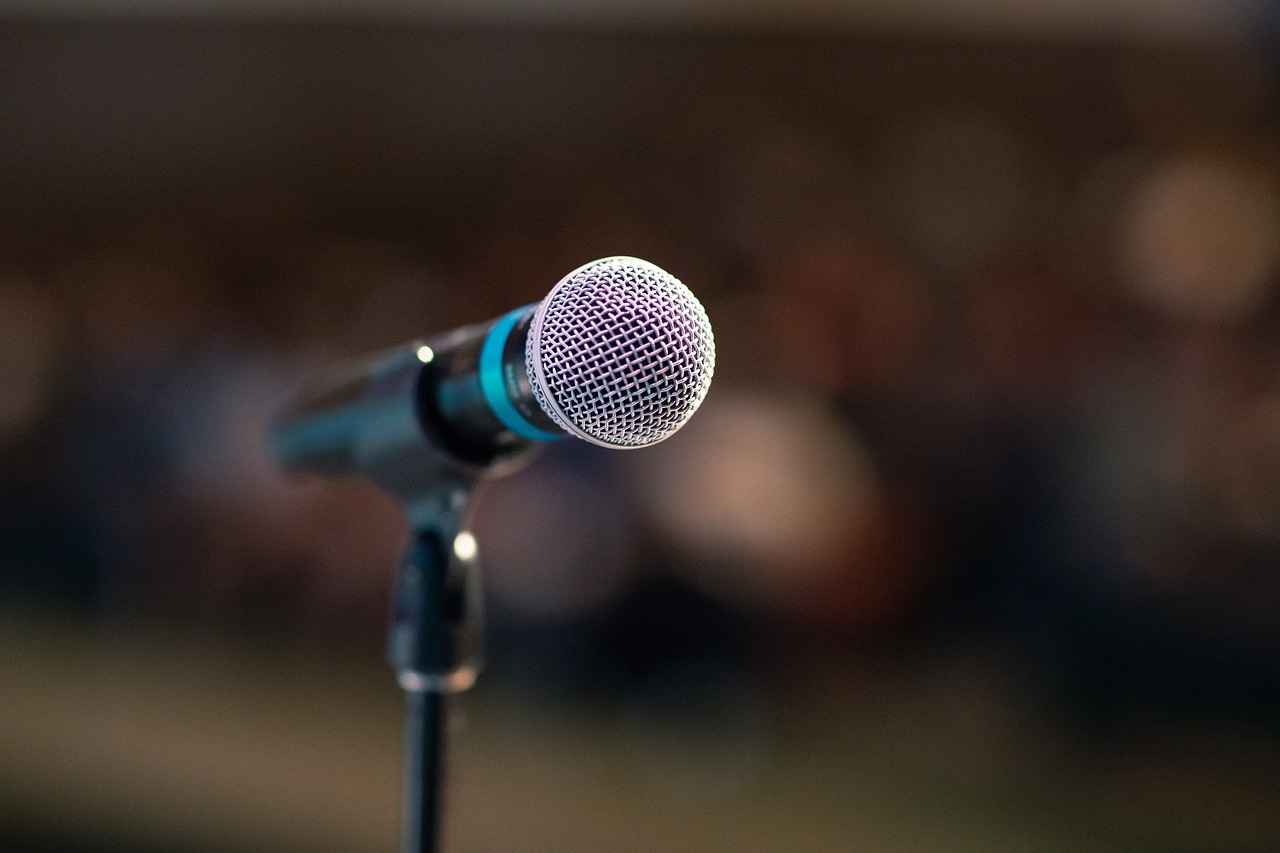
What Role Does Publicity Play in Celebrity Culture?
Publicity plays a multifaceted role in celebrity culture, acting as both a tool for personal expression and a mechanism for brand management. In an industry driven by visibility and public perception, celebrities often find themselves navigating a complex landscape where every move is scrutinized. This article will explore the dual nature of publicity, examining how it can serve as a double-edged sword for public figures.
Publicity is essential for building and maintaining a celebrity’s image. In an era where social media reigns supreme, celebrities must constantly engage with their audience to remain relevant. This engagement often comes in the form of carefully curated posts, interviews, and public appearances designed to project a specific persona. For instance, a celebrity might share personal anecdotes or behind-the-scenes glimpses into their life to foster a sense of intimacy with their fans.
However, the line between authenticity and marketing can become blurred. Many celebrities employ publicists to manage their image, leading to questions about the genuineness of their public persona. This raises an important question: how much of what we see is real, and how much is a carefully crafted image? The answer often varies from one celebrity to another, as some embrace transparency while others prefer to maintain an air of mystery.
While publicity can boost a celebrity’s career, it also comes with significant risks. Overexposure can lead to public fatigue, where fans grow tired of constant updates and appearances. This phenomenon has been observed with several high-profile celebrities who, despite their initial popularity, have seen their relevance wane due to relentless media coverage.
- Example: The Kardashian family, while immensely popular, has faced criticism for saturating media platforms, leading some fans to question the authenticity of their lives.
- Impact: Overexposure can result in a backlash, where the public’s affection turns into apathy or even disdain.
Publicity can also backfire spectacularly. Instances of negative publicity—such as scandals or controversial statements—can tarnish a celebrity’s reputation almost overnight. The internet’s rapid dissemination of information means that a single misstep can lead to widespread condemnation and a significant drop in public support.
A notable example is the backlash faced by actors or musicians who make insensitive remarks. The fallout from such incidents often leads to public apologies and, in some cases, career setbacks. This highlights the precarious balance celebrities must maintain between being relatable and remaining marketable.
To navigate the treacherous waters of publicity, many celebrities adopt various strategies:
- Controlled Releases: By controlling what information is shared, celebrities can shape the narrative surrounding them.
- Engagement with Fans: Actively interacting with fans can humanize a celebrity, making them more relatable and less like a distant icon.
- Public Relations Teams: Employing skilled PR professionals can help manage crises and maintain a positive public image.
In conclusion, publicity is an intricate part of celebrity culture that offers both opportunities and challenges. While it can enhance a celebrity’s image and career, it also carries the risk of overexposure and backlash. As the landscape of media continues to evolve, understanding the dynamics of publicity will remain crucial for anyone navigating the world of fame.

How Do Fans Perceive Denise Richards After the Photo Incidents?
Denise Richards, a well-known actress and television personality, has had a tumultuous relationship with public perception, particularly following incidents involving nude photos. These events have not only sparked media frenzy but have also led to evolving opinions among her fanbase. Understanding how fans perceive Denise Richards after these photo incidents requires a deeper look into the complexities of celebrity culture and the impact of media representation.
The landscape of public opinion surrounding Denise Richards has shifted significantly over the years, especially after the emergence of nude photo incidents. Initially, many fans viewed her as a victim of circumstance, grappling with the invasive nature of celebrity culture. The first notable leak raised questions about privacy and consent, leading to a wave of sympathy from her supporters. Fans rallied around her, emphasizing the importance of respecting personal boundaries.
However, as time progressed, the narrative began to change. Some fans began to speculate whether these incidents were genuine leaks or strategic publicity stunts designed to keep Richards in the media spotlight. This speculation was fueled by the nature of her responses to the leaks, which often included a mix of vulnerability and empowerment. For instance, Richards has publicly discussed her experiences, framing them as lessons in resilience and self-acceptance. This approach resonated with many, as it showcased her ability to reclaim her narrative in the face of adversity.
Additionally, the rise of social media has played a crucial role in shaping fan perceptions. Platforms like Twitter and Instagram allow fans to engage with Richards directly, creating a more personal connection. Many fans appreciate her candidness and authenticity, which can humanize her beyond the tabloid headlines. For instance, her posts often reflect a commitment to body positivity and self-love, encouraging her followers to embrace their own imperfections. This shift towards a more relatable persona has garnered her a loyal fanbase that admires her resilience.
Despite the support, there remains a faction of fans who view the incidents with skepticism. They question the authenticity of her responses and whether they are part of a calculated effort to maintain relevance in a highly competitive industry. This divide highlights the complexities of celebrity culture, where fans can simultaneously admire and critique their idols. The mixed reactions serve as a reminder of the challenges celebrities face in navigating public perception, especially in an age where information spreads rapidly.
In conclusion, the evolution of fan perception regarding Denise Richards post-photo incidents illustrates the intricate dynamics of celebrity culture. While many fans empathize with her struggles and appreciate her authenticity, others remain skeptical of her motivations. As the conversation around privacy, consent, and media representation continues, Richards’ experience serves as a case study in the ongoing dialogue about the boundaries of celebrity and the impact of public opinion.

What Legal Actions Have Been Taken in Response to Leaks?
The digital age has brought about unprecedented challenges and complexities, especially concerning privacy and personal rights. One of the most pressing issues in this realm is the unauthorized sharing of intimate images, particularly in the case of celebrities. Legal actions taken in response to nude photo leaks highlight the intricate interplay of copyright, privacy laws, and individual rights in our increasingly digital world.
When nude photos are leaked, the legal responses can vary widely depending on the circumstances surrounding the leak and the jurisdiction in which the incident occurs. Generally, the affected individuals may pursue several types of legal action to protect their rights and seek redress.
- Copyright Infringement: If the photos were taken by a professional photographer or the individual themselves, they may hold copyright over those images. This means they can file a lawsuit for copyright infringement against those who distribute the photos without permission.
- Invasion of Privacy: Many jurisdictions recognize the right to privacy, which can be violated when private images are shared without consent. Affected individuals can sue for damages, claiming that their privacy rights have been breached.
- Intentional Infliction of Emotional Distress: In some cases, victims may claim that the dissemination of their private images has caused significant emotional harm. This legal avenue allows them to seek damages for the psychological impact of the leaks.
- Harassment and Cyberbullying: If the leaks lead to targeted harassment or bullying, victims may pursue legal actions under anti-bullying or harassment laws, which vary by location.
- Criminal Charges: In certain cases, leaking nude photos can also lead to criminal charges, especially if hacking or other illegal means were used to obtain the images.
In addition to these legal avenues, many celebrities have turned to public relations firms to manage the fallout from such leaks. These firms often help craft a narrative that can mitigate damage to the individual’s reputation. For instance, some celebrities may choose to address the leaks head-on, using social media platforms to express their feelings and regain control over the narrative.
Moreover, the legal landscape is continuously evolving. Laws regarding digital privacy are being updated to better protect individuals from unauthorized sharing of intimate images. For example, some states have enacted specific laws targeting “revenge porn,” which criminalizes the distribution of private images without the subject’s consent, particularly in cases where the intent is to cause harm or distress.
Ultimately, the legal responses to nude photo leaks reveal a broader societal struggle to balance individual rights with the realities of the digital age. As technology continues to advance, the need for robust legal protections becomes increasingly critical to safeguard personal privacy and uphold the dignity of individuals in the public eye.
In conclusion, the legal actions taken in response to nude photo leaks are multifaceted and reflect the complexities of privacy rights in the digital era. As society grapples with these issues, ongoing dialogue and legal reform will be essential to ensure that individuals are protected from the harmful consequences of such breaches.

How Do Other Celebrities Handle Similar Situations?
When it comes to the world of celebrity, the unexpected often becomes the norm. One of the most challenging situations a celebrity can face is the leaking of private nude photos. This scenario not only raises questions about privacy but also tests the resilience and adaptability of public figures. The responses vary significantly, reflecting different strategies and coping mechanisms.
When nude photos are leaked, celebrities often find themselves at a crossroads. Some choose to confront the issue head-on, while others may opt for silence or a more strategic approach. For instance, Jennifer Lawrence became a vocal advocate for privacy rights after her own experience with photo leaks. She publicly condemned the act, emphasizing that it was a violation of her privacy. Her response not only highlighted her personal feelings but also sparked broader discussions about consent and the ethics of sharing private images.
On the other hand, some celebrities, like Rihanna, have taken a different approach. After her own photo leaks, she used the opportunity to reclaim her narrative by sharing empowering images of herself on social media. This tactic not only shifted the focus from the leaked images but also reinforced her control over her own image and body. By embracing the situation, she transformed a negative experience into a moment of empowerment.
- Public Statements: Many celebrities issue statements addressing the leaks, often expressing their dismay and calling for respect regarding their privacy.
- Legal Action: Some opt to pursue legal avenues against those responsible for the leaks, seeking justice and a deterrent against future violations.
- Social Media Engagement: Engaging with fans and followers on social media can help them shape the narrative and regain control over their public image.
- Advocacy for Change: Celebrities like Emma Watson have used their platforms to advocate for laws protecting individuals from such breaches of privacy, thus turning their personal experiences into a catalyst for change.
The psychological effects of nude photo leaks can be profound. Many celebrities report feelings of vulnerability, anxiety, and even depression following such incidents. The public scrutiny and judgment can exacerbate these feelings, leading to long-term mental health challenges. Selena Gomez, for instance, has openly discussed her mental health struggles in the wake of being targeted by online harassment and leaks. Her candidness serves as a reminder that celebrities are human too, dealing with the same emotions and vulnerabilities as anyone else.
In examining how other celebrities handle nude photo leaks, it becomes clear that there is no one-size-fits-all approach. Each celebrity’s response is shaped by their personality, past experiences, and the specific circumstances surrounding the leak. Whether through advocacy, legal action, or personal empowerment, these public figures navigate their challenges with varying degrees of success. Ultimately, their experiences contribute to a larger conversation about privacy, consent, and the evolving landscape of celebrity culture.

What Are the Psychological Effects of Nude Photo Leaks on Celebrities?
The issue of nude photo leaks has become increasingly prevalent in today’s digital age, particularly affecting celebrities who find themselves at the center of such scandals. The psychological effects of these incidents can be profound and far-reaching, impacting not only the individuals involved but also their relationships, careers, and public perception. Understanding these effects is crucial as it sheds light on the broader implications of privacy violations in the celebrity sphere.
When nude photos are leaked, the immediate reaction for many celebrities is often one of shock and violation. This breach of privacy can lead to feelings of vulnerability and exposure, as their most intimate moments are made public without consent. The psychological toll can manifest in several ways:
- Anxiety and Depression: Many celebrities report experiencing heightened levels of anxiety and depression following such leaks. The fear of judgment, ridicule, and public scrutiny can create a heavy emotional burden.
- Self-Esteem Issues: The leaked images can lead to a negative self-image, causing individuals to question their worth and attractiveness. This can be particularly damaging in an industry that places a premium on physical appearance.
- Trust Issues: The violation of privacy can lead to deep-seated trust issues, not just with the public, but also with friends and family. Celebrities may become wary of sharing personal moments with anyone, fearing that they could be shared without consent.
- Social Isolation: The stigma associated with being a victim of a nude photo leak can lead to social isolation. Celebrities might withdraw from social interactions, fearing judgment or misunderstanding from peers and fans.
- Impact on Relationships: Relationships can suffer as a result of the emotional strain caused by such leaks. Partners may struggle to cope with the fallout, leading to conflicts or even breakups.
Moreover, the public reaction to these leaks can exacerbate the psychological effects. Negative comments on social media platforms can amplify feelings of shame and embarrassment. Some celebrities have reported facing harassment and bullying online, which can further deteriorate their mental health.
In contrast, some individuals may attempt to reclaim their narrative by addressing the leaks head-on or using humor to deflect the situation. This coping mechanism can be empowering, allowing them to regain a sense of control. However, this approach does not work for everyone and can depend heavily on the individual’s personality and support system.
It’s essential to recognize the broader societal implications of these incidents. The normalization of sharing intimate images can lead to a culture where consent and privacy are not adequately respected. This highlights the need for a more compassionate dialogue surrounding celebrity privacy, as well as a shift in how society views and treats victims of such violations.
In conclusion, the psychological effects of nude photo leaks on celebrities are profound and multifaceted. From anxiety and self-esteem issues to trust problems and social isolation, the ramifications are significant. As society continues to grapple with the implications of digital privacy, fostering a respectful environment that prioritizes consent and understanding is more crucial than ever.

How Have Public Relations Strategies Evolved in the Age of Digital Media?
The landscape of public relations (PR) has undergone a seismic shift with the advent of digital media. Traditional PR strategies, which often relied on print media and face-to-face interactions, have had to adapt rapidly to the challenges and opportunities presented by the internet and social media platforms. This evolution is particularly evident in how PR professionals handle sensitive incidents, such as nude photo leaks involving celebrities.
Understanding Digital Media’s Impact
Digital media has transformed the way information is disseminated and consumed. News travels faster than ever, and the public’s appetite for real-time updates has created a demand for immediate responses from PR teams. In the past, a PR crisis might have been managed through carefully crafted press releases and controlled media interactions. Today, however, the immediacy of social media means that any incident can become a trending topic within minutes, forcing PR professionals to be agile and responsive.
Strategies for Crisis Management
In the context of sensitive incidents like nude photo leaks, PR strategies have evolved to include more proactive measures. Here are some key strategies that have emerged:
- Real-Time Engagement: PR teams must monitor social media channels continuously to gauge public sentiment and respond quickly to misinformation or negative narratives.
- Transparency and Authenticity: Audiences increasingly value honesty. PR professionals are encouraged to adopt a transparent approach, acknowledging the situation and expressing empathy towards those affected.
- Utilizing Influencers: Collaborating with social media influencers can help shape the narrative positively. Influencers can effectively communicate messages that resonate with audiences, helping to rebuild a celebrity’s image.
The Role of Social Media Platforms
Social media platforms have become essential tools for PR professionals. They not only serve as channels for communication but also as platforms for storytelling. Celebrities can utilize their social media accounts to share their side of the story directly with their audience, bypassing traditional media filters. This direct line of communication can be empowering but also risky, as it places the responsibility of managing public perception squarely on the individual.
Legal Considerations
In the digital age, the legal implications of public relations strategies have also become more complex. Issues surrounding copyright, privacy laws, and the rights of individuals in the digital landscape are paramount. PR professionals must navigate these legal waters carefully to protect their clients while also respecting the rights of others involved in sensitive incidents.
Conclusion
The evolution of public relations strategies in the age of digital media is a testament to the changing dynamics of communication. As PR professionals adapt to these new challenges, they must embrace real-time engagement, transparency, and the powerful role of social media. The landscape will continue to evolve, but the core principles of effective communication and ethical responsibility will remain vital in navigating the complexities of modern public relations.

What Can We Learn About Privacy from Denise Richards’ Experience?
Denise Richards’ experiences with nude photo leaks highlight critical lessons about privacy, consent, and the complexities of living in a celebrity-driven culture. These incidents not only shed light on the challenges faced by public figures but also raise broader questions about how society views privacy in the digital age.
First and foremost, the concept of privacy has evolved dramatically with the rise of digital technology. In the past, celebrities had a modicum of control over their personal lives, but today, social media and instant communication have blurred the lines between public and private. Richards’ experiences illustrate that even those who have achieved fame can find their most intimate moments exposed without their consent. This brings to the forefront the critical issue of consent. When private images are leaked, it is not merely a breach of privacy; it is a violation of the individual’s right to control their own narrative.
Additionally, Denise Richards’ situation serves as a reminder that the public’s reaction plays a significant role in shaping the discourse surrounding such incidents. While some fans may rally in support, others may engage in harmful speculation or judgment. This duality underscores the importance of a respectful and empathetic approach when discussing celebrities’ personal struggles. Instead of viewing these incidents as mere entertainment fodder, society should recognize the humanity behind the headlines.
Moreover, Richards’ experience prompts a critical examination of the media’s role in perpetuating a culture that often sensationalizes private matters. Media outlets must navigate the fine line between reporting on public interest and respecting individual privacy. The ethical dilemmas involved in reporting on nude photo leaks can lead to a broader conversation about responsibility in journalism. How can media outlets ensure they are not contributing to the harm inflicted on individuals through the dissemination of private information?
In understanding these dynamics, it becomes evident that there is much to learn from Denise Richards’ experiences. The need for a more nuanced discussion around privacy is essential, not only for celebrities but for everyone living in a world where personal information can be shared at the click of a button. Society must advocate for stronger protections for individuals’ privacy rights, fostering an environment where consent is prioritized and respected.
As we reflect on the implications of Richards’ experiences, it is clear that the conversation surrounding privacy and celebrity culture must evolve. By learning from these incidents, we can cultivate a culture that emphasizes respect, understanding, and compassion for those who find themselves at the intersection of public life and personal privacy.
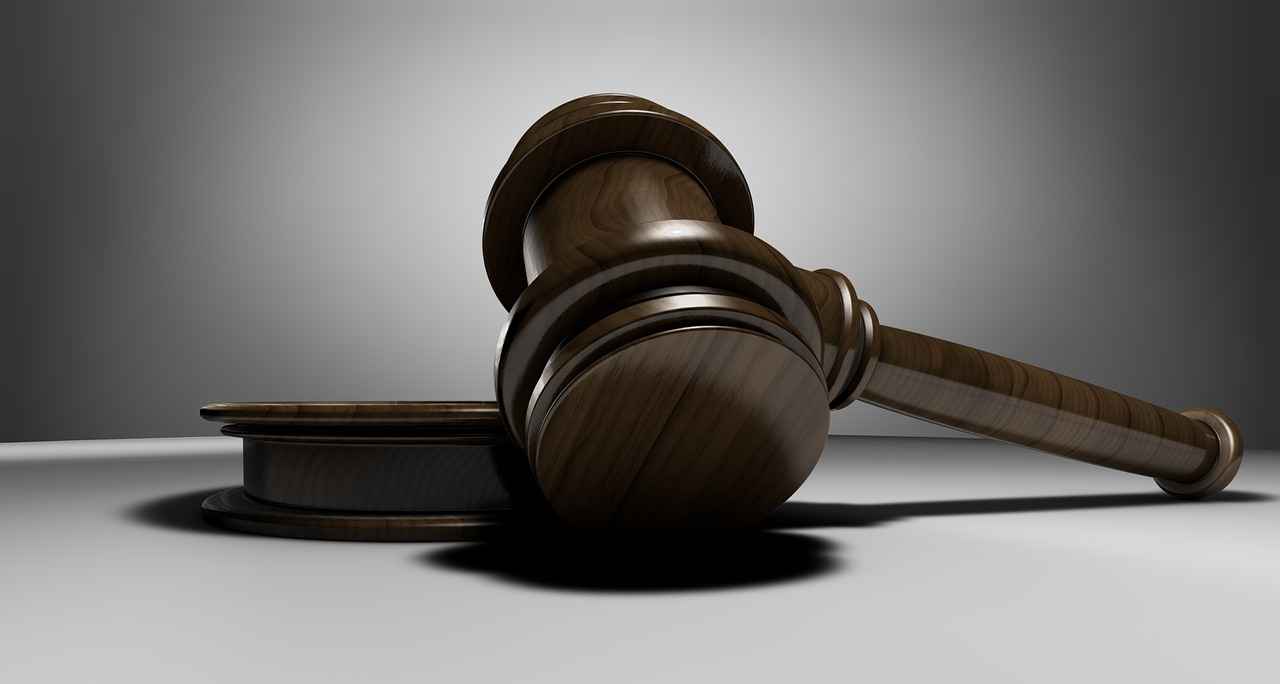
How Do Media Outlets Navigate Reporting on Nude Photo Leaks?
Media outlets face a challenging landscape when it comes to reporting on nude photo leaks. The delicate balance between the public’s right to know and an individual’s right to privacy often leads to intense ethical dilemmas. In today’s digital age, where information spreads rapidly, the role of media becomes even more critical and complex.
When a nude photo leak occurs, media outlets must quickly assess the situation, weighing various factors before deciding how to report on the incident. First and foremost, ethical considerations come into play. Journalists and editors must ask themselves whether the information serves the public interest or merely satisfies voyeuristic tendencies.
Many argue that reporting on such incidents can contribute to a culture of exploitation that undermines the dignity of the individuals involved. For instance, when a celebrity’s private photos are leaked, the media often sensationalizes the event, which can lead to further victimization of the person whose privacy has been violated. This raises significant questions about the morality of publishing such content, especially when it is clear that the images were not meant for public consumption.
Moreover, media outlets must consider the legal implications surrounding the publication of leaked content. In many jurisdictions, sharing or distributing private images without consent can lead to serious legal consequences. This adds another layer of complexity to the decision-making process. Editors often consult legal teams to ensure that their reporting does not cross any lines that could result in lawsuits or damage to their reputation.
In addition to ethical and legal considerations, public sentiment plays a significant role in shaping how media outlets approach the story. The rise of social media has amplified public voices, and many outlets now gauge audience reactions before deciding how to proceed. If the public expresses outrage over the invasion of privacy, media companies may choose to adopt a more cautious stance, focusing instead on the implications of the leak rather than the sensational details.
Furthermore, the impact of reporting on the individuals involved cannot be overlooked. Many celebrities have spoken out about the emotional toll that nude photo leaks can take on their mental health, self-image, and personal relationships. Media outlets that prioritize sensationalism over sensitivity risk contributing to the distress experienced by those affected.
In conclusion, navigating the reporting of nude photo leaks requires a thoughtful approach that balances the public’s curiosity with the ethical responsibility to protect individual privacy. As media continues to evolve, it is essential for outlets to adapt their practices, ensuring that their reporting aligns with the values of respect and dignity for all individuals.
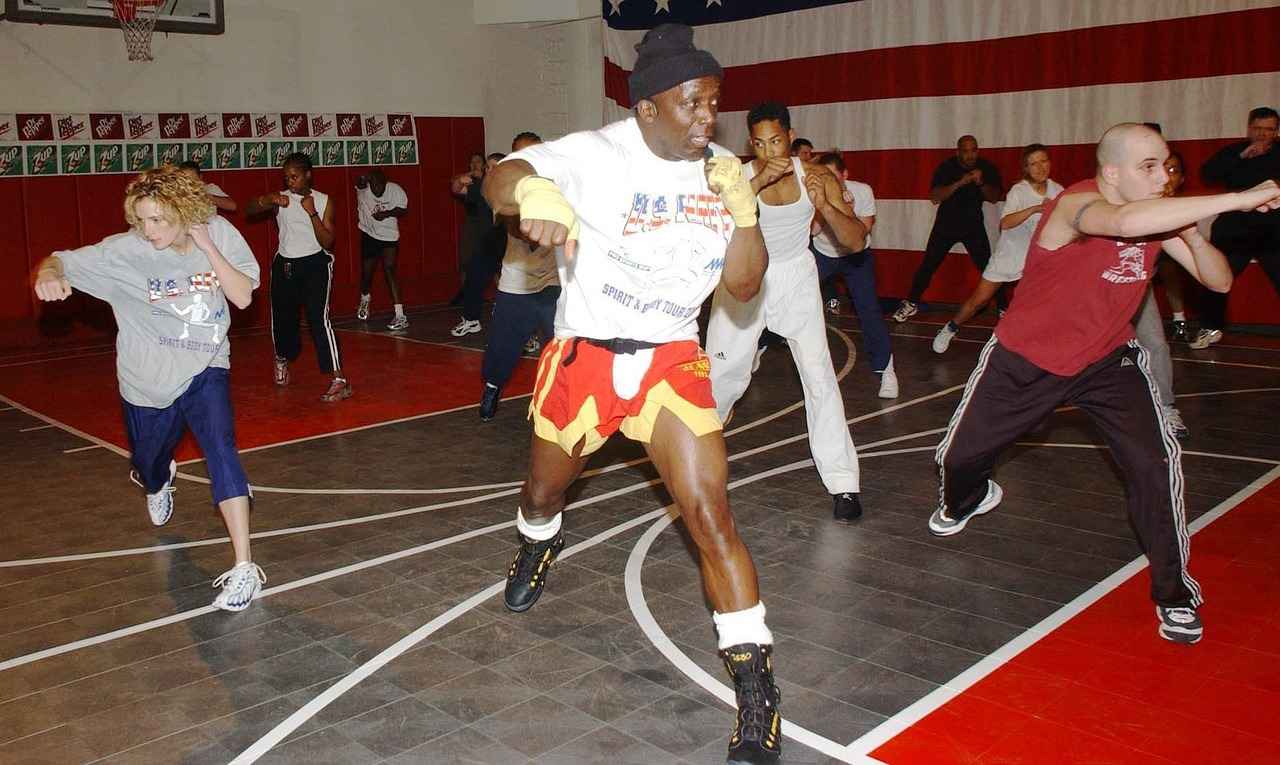
What Are the Long-Term Effects of Publicity Stunts on Celebrities?
The long-term effects of publicity stunts on celebrities can be profound, influencing not only their career trajectories but also their public perception and personal lives in ways that may be unexpected. Publicity stunts, when executed strategically, can create significant buzz, but the aftermath often reveals a more complex reality.
Publicity stunts can serve as a double-edged sword in the world of celebrity. On one hand, they can propel a celebrity into the limelight, generating increased media attention and fan engagement. For instance, a well-timed stunt can lead to a surge in social media followers, higher ticket sales for events, or even renewed interest in a celebrity’s work. However, the effects can be long-lasting. If a stunt is perceived as inauthentic or desperate, it can tarnish a celebrity’s reputation, leading to a decline in public favor.
- Positive Career Impact: Increased visibility can lead to more opportunities, such as endorsements or roles in high-profile projects.
- Negative Career Impact: A failed stunt can result in public backlash, affecting future projects and partnerships.
The media plays a crucial role in shaping the narrative surrounding a celebrity following a publicity stunt. Depending on how the media portrays the incident, a celebrity’s public image can either be bolstered or damaged. For instance, if a stunt is covered positively, it may enhance the celebrity’s brand, making them more appealing to sponsors. Conversely, if the media focuses on the negative aspects, it can lead to ridicule and alienation from fans.
| Media Response | Potential Outcome |
|---|---|
| Positive Coverage | Boost in popularity and career opportunities |
| Negative Coverage | Damage to reputation and loss of endorsements |
Public perception is dynamic and can shift dramatically after a publicity stunt. Fans may initially rally around the celebrity, drawn in by the excitement of the stunt. However, if the stunt is perceived as a mere gimmick, the same fans may quickly turn against the celebrity. The key lies in the authenticity of the stunt; if fans feel that a celebrity is being genuine, they are more likely to support them in the long run. Nevertheless, if they sense manipulation, it can lead to disillusionment.
The personal ramifications of publicity stunts can be significant. Celebrities may find themselves grappling with increased scrutiny and pressure to maintain their public image. This can lead to stress, anxiety, and even mental health issues. Additionally, the impact on personal relationships can be profound, as friends and family may struggle with the changes brought about by heightened fame or public criticism.
- Increased Scrutiny: Celebrities may feel they are constantly under a microscope, leading to stress.
- Relationship Strain: Friends and family may find it challenging to cope with the celebrity’s new lifestyle and public persona.
In conclusion, the long-term effects of publicity stunts on celebrities are multifaceted, affecting their careers, public perception, and personal lives. While they can lead to increased visibility and opportunities, they can also result in significant challenges that require careful navigation. Understanding these dynamics is crucial for both celebrities and their fans as they engage with the ever-evolving landscape of celebrity culture.
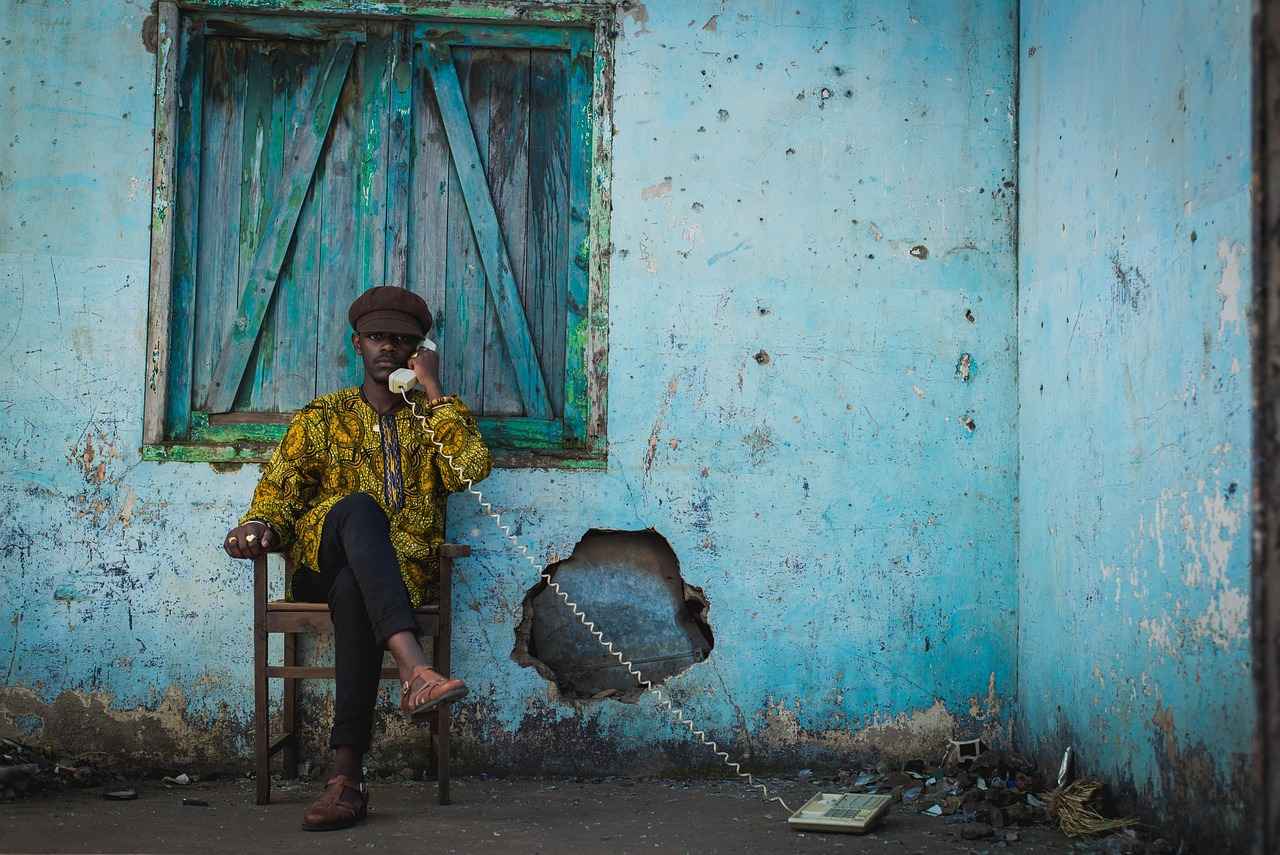
How Does the Public’s Reaction Shape Celebrity Narratives?
The world of celebrity culture is a complex tapestry woven from the threads of public perception, media portrayal, and personal narratives. One of the most significant factors influencing this intricate web is the public’s reaction to events involving celebrities. From scandals to achievements, the way the public responds can dramatically alter how incidents are perceived and discussed in the media. This article explores the mechanisms through which public reaction shapes celebrity narratives and the implications for both the individuals involved and the broader cultural landscape.
Understanding the Power of Public Opinion
Public opinion serves as a powerful force in the realm of celebrity culture. When an incident occurs, be it a scandal, a triumph, or a personal struggle, the initial reactions from fans and critics alike can set the tone for how the story unfolds. Social media platforms, in particular, have democratized the conversation, allowing anyone with an internet connection to voice their thoughts. This immediacy can lead to a rapid spread of information, often overshadowing the celebrity’s own narrative.
- Influence of Social Media: Platforms like Twitter, Instagram, and TikTok allow fans to express their opinions in real time, creating a feedback loop that can amplify or diminish a celebrity’s standing.
- Viral Trends: Memes and viral trends can emerge from public reactions, influencing how a celebrity is viewed. A negative incident can quickly morph into a meme, affecting the celebrity’s brand and public image.
The Role of Media in Shaping Narratives
Media outlets play a crucial role in interpreting and disseminating public reactions. Journalists and commentators often analyze social media trends, extracting narratives that resonate with audiences. This can lead to a cycle where media narratives reinforce public perceptions, which in turn influences future media coverage. For example, if a celebrity faces backlash for a controversial statement, the media may amplify this reaction, resulting in a more negative portrayal.
| Public Reaction | Media Response | Celebrity Impact |
|---|---|---|
| Outrage | Negative headlines and critiques | Damage to reputation |
| Support | Positive coverage and endorsements | Reinforced public image |
| Indifference | Minimal coverage | Potential fading from public view |
Long-Term Implications for Celebrities
The long-term implications of public reaction can be profound. A celebrity who is able to navigate public opinion effectively may find their career flourishing, while those who struggle with backlash may face ongoing challenges. Moreover, public reaction can also influence the types of projects celebrities take on, as they may seek to align themselves with causes or narratives that resonate positively with their audience.
Conclusion
In conclusion, the public’s reaction is a critical element in shaping celebrity narratives. It not only influences immediate media coverage but also has lasting effects on the careers and public perceptions of celebrities. As the landscape of media continues to evolve, understanding the dynamics of public opinion will remain essential for both celebrities and their audiences. By recognizing the power of reaction, we can foster a more nuanced and empathetic discourse around the lives of those in the public eye.
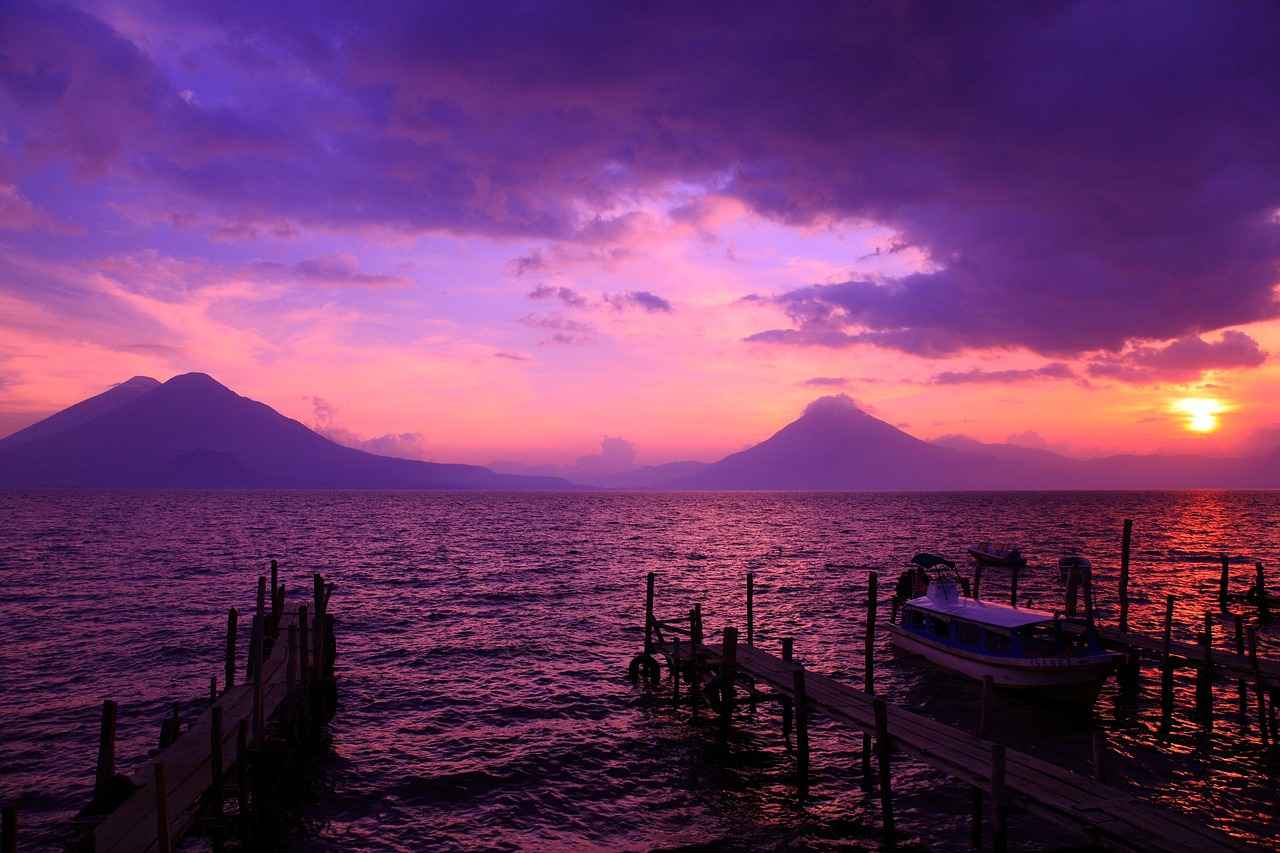
What Are the Boundaries of Celebrity and Privacy?
The evolving landscape of celebrity culture has constantly tested the limits of privacy and public scrutiny. With the rise of social media and the 24-hour news cycle, the lines between what is considered acceptable in the public eye and what should remain private have become increasingly blurred. This article explores the complex dynamics surrounding the boundaries of celebrity and privacy, particularly in light of recent incidents involving public figures.
The notion of privacy for celebrities is a contentious topic. On one hand, celebrities often seek the spotlight and use their public personas to build their brands and careers. On the other hand, they are still entitled to a degree of personal privacy that respects their humanity. The debate centers on where to draw the line between public interest and personal space.
- The Right to Privacy: Celebrities, like all individuals, have a fundamental right to privacy. This includes the right to keep certain aspects of their lives away from the public eye, such as family matters, personal struggles, and intimate relationships.
- The Public’s Right to Know: The public often feels entitled to know about the lives of celebrities, especially when it comes to scandals or controversial incidents. This fascination can lead to an insatiable demand for information, sometimes at the expense of the celebrity’s well-being.
- Media Ethics: Media outlets play a crucial role in shaping the narrative around celebrities. Ethical journalism should balance the public’s interest with respect for individuals’ privacy. However, sensationalism often prevails, leading to invasive reporting.
Recent incidents, such as leaked photos or unauthorized biographies, have sparked outrage and discussions about the morality of such actions. When Denise Richards faced nude photo leaks, it raised questions about consent and the ethics of sharing private images without permission. This incident exemplifies the struggle between a celebrity’s public image and their right to privacy.
Moreover, social media has transformed how celebrities interact with their fans and the public. Platforms like Instagram and Twitter allow celebrities to share their lives directly with audiences, but they also expose them to harsh scrutiny and criticism. The immediacy of social media can amplify the consequences of privacy breaches, as news travels faster than ever before.
As the boundaries of celebrity and privacy continue to be tested, it is essential for society to engage in meaningful discussions about what is acceptable. Respecting the personal lives of public figures is crucial, as it fosters a culture of empathy and understanding. Celebrities are not just brands; they are individuals with feelings, families, and private lives.
In conclusion, the intersection of celebrity and privacy remains a complex issue that challenges societal norms. As we navigate the ever-changing landscape of fame and public interest, it is vital to advocate for a balance that honors both the celebrity’s right to privacy and the public’s curiosity. Only then can we foster a healthier dialogue around celebrity culture that respects the humanity of those in the spotlight.
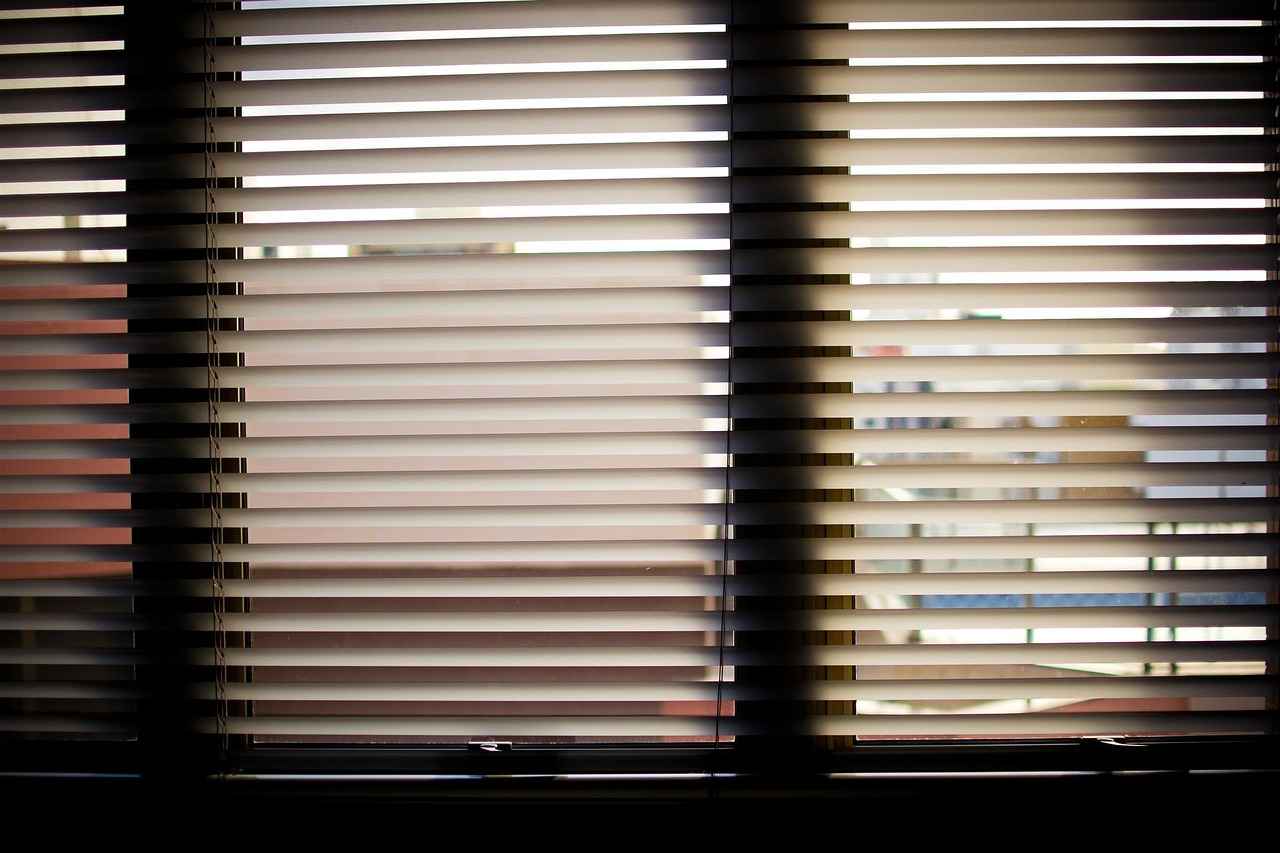
How Can Society Better Support Celebrities Facing Photo Leaks?
In today’s digital age, the issue of privacy has become increasingly complex, particularly for celebrities. The rise of social media and the accessibility of personal content have led to numerous incidents where private images are leaked without consent. This has sparked a broader conversation about how society can better support celebrities facing such breaches of privacy. Addressing this issue requires a multifaceted approach that emphasizes empathy, education, and responsible media practices.
When a celebrity’s private photos are leaked, the consequences can be devastating. These incidents often lead to public scrutiny, mental health struggles, and damage to personal relationships. The emotional toll can be immense, as celebrities are not just public figures but also individuals with feelings and vulnerabilities. Recognizing the human aspect of these situations is crucial for fostering a supportive environment.
One of the most effective ways society can support celebrities is by fostering empathy. Public discussions should focus on the implications of privacy violations rather than sensationalizing the incidents. Encouraging a culture of understanding can help mitigate the stigma that often surrounds leaked images. For instance, media outlets can adopt a more responsible approach by refraining from publishing leaked content and instead highlighting the importance of consent and respect for privacy.
Education is another critical component in addressing the issue of photo leaks. By raising awareness about the legal and emotional ramifications of sharing private images without consent, society can promote a culture of respect. Schools and community organizations can implement programs that teach about digital citizenship, privacy rights, and the ethical use of technology. This education can empower individuals to think critically about their actions and the potential consequences.
Media outlets play a pivotal role in shaping public perception. By choosing to report on the broader implications of photo leaks rather than focusing on the sensational aspects, they can contribute to a healthier dialogue. For example, instead of merely covering the incident, media could explore the psychological effects on the celebrity and the societal norms that allow such violations to occur. This approach not only informs the public but also humanizes the individuals involved.
Creating support systems for celebrities who have experienced photo leaks can significantly aid their recovery. This could involve access to mental health resources, legal assistance, and public relations support. Organizations dedicated to protecting the rights of individuals in the digital space can offer guidance and advocacy, helping celebrities navigate the complexities of privacy laws and media interactions.
Fans can also play a crucial role in supporting celebrities during difficult times. By advocating for respectful discourse and standing against the sharing of leaked content, fans can help create a more supportive environment. Engaging in conversations about the importance of consent and privacy can influence public attitudes and contribute to a culture that values personal boundaries.
In conclusion, as society grapples with the challenges posed by digital media and privacy violations, it is essential to foster a supportive environment for celebrities facing photo leaks. By promoting empathy, education, responsible media practices, and strong support systems, we can contribute to a healthier dialogue around privacy and consent. Ultimately, recognizing the humanity behind the headlines is key to creating a more respectful and understanding society.
In conclusion, the history of Denise Richards’ nude photos raises essential questions about privacy, publicity, and the evolving landscape of celebrity culture. As we navigate these complex issues, it’s crucial to foster a respectful discourse that recognizes the humanity behind the headlines.
Denise Richards Nude Photo History: Leaks or Publicity?
This article delves into the intriguing history of Denise Richards’ nude photos, exploring whether these incidents were genuine leaks or carefully orchestrated publicity stunts.
What Led to the First Nude Photo Leak of Denise Richards?
The first notable incident involving Denise Richards and nude photos raised eyebrows and sparked discussions about celebrity privacy and media ethics. In the early 2000s, a series of private images were leaked online, igniting a firestorm of media attention. Many speculated whether these leaks were accidental or strategically released to boost her career. This incident marked a turning point, as it highlighted the vulnerability of celebrities in the digital age and raised questions about the ethics of privacy invasion. The public’s fascination with such leaks often overshadows the personal trauma experienced by the individuals involved.
How Did Denise Richards Respond to the Nude Photo Leaks?
Denise Richards’ reactions to the leaks highlighted her perspective on privacy, celebrity culture, and the impact of such incidents on her personal life and career. Initially, she expressed outrage and sadness over the invasion of her privacy, emphasizing the emotional toll it took on her. However, over time, Richards adopted a more resilient stance, using her experiences to advocate for better privacy protections for celebrities. Her journey reflects a broader struggle within Hollywood, where the line between public and private life is often blurred.
What Are the Implications of Celebrity Nude Photo Leaks?
The implications of nude photo leaks extend beyond the individual involved. They affect public perception, media responsibility, and the broader conversation around consent and privacy in the digital age. Such incidents can lead to significant reputational damage, not only for the celebrity but also for those who share or disseminate the content. The media’s role in these situations is critical, as it can either perpetuate the cycle of exploitation or help foster a more respectful dialogue about privacy rights.
How Has Social Media Influenced the Narrative Around Denise Richards?
Social media platforms have played a pivotal role in shaping the narrative surrounding Denise Richards. Fans and critics alike have used these platforms to express their views on her experiences and reactions. The immediacy of social media can amplify both support and criticism, creating a complex landscape for celebrities to navigate. Richards has often engaged with her audience through social media, using it as a tool to reclaim her narrative and connect with her fans on a more personal level.
What Role Does Publicity Play in Celebrity Culture?
Publicity is a double-edged sword in celebrity culture. While it can enhance a celebrity’s profile and open doors for new opportunities, it can also blur the lines between genuine personal expression and calculated marketing strategies. In Richards’ case, the leaks prompted discussions about whether they were part of a larger strategy to maintain relevance in a highly competitive industry. This raises important questions about authenticity and the pressures celebrities face to remain in the public eye.
How Do Fans Perceive Denise Richards After the Photo Incidents?
Fan perception of Denise Richards has evolved over time, influenced by her handling of nude photo incidents and her overall presence in the media. Many fans admire her resilience and ability to rise above the controversy. However, others may view her differently, shaped by the media’s portrayal of these incidents. This dichotomy illustrates the complex relationship between celebrities and their audiences, where public opinion can shift rapidly based on new information or narratives.
What Legal Actions Have Been Taken in Response to Leaks?
Legal responses to nude photo leaks can be complex, often involving discussions about copyright, privacy laws, and the rights of individuals in the digital landscape. In Richards’ case, there were attempts to pursue legal action against those responsible for the leaks, highlighting the challenges celebrities face in protecting their privacy. The legal landscape continues to evolve, as new technologies and platforms emerge, raising questions about how best to safeguard personal images in an increasingly interconnected world.
How Do Other Celebrities Handle Similar Situations?
Examining how other celebrities respond to nude photo leaks provides insights into varying strategies and common challenges they face in maintaining their public image. Some choose to confront the issue head-on, publicly addressing the leaks and advocating for change, while others may opt for a more subdued approach, focusing on their work rather than the controversy. Each response reflects the individual’s personality and the unique circumstances surrounding their situation.
What Are the Psychological Effects of Nude Photo Leaks on Celebrities?
The psychological toll of nude photo leaks can be significant, impacting mental health, self-image, and personal relationships for those involved. Many celebrities report feelings of anxiety, depression, and violation of trust, which can lead to long-term emotional distress. Richards’ experiences serve as a reminder of the human cost behind the headlines, emphasizing the need for greater empathy and understanding from the public.
How Have Public Relations Strategies Evolved in the Age of Digital Media?
Public relations strategies have had to adapt rapidly in response to the challenges posed by digital media. Celebrities now face the reality of instant information dissemination, which can complicate crisis management. Effective PR strategies must consider the speed of social media and the potential for misinformation, requiring a more proactive and transparent approach to communication.
What Can We Learn About Privacy from Denise Richards’ Experience?
Denise Richards’ experiences serve as a case study in the importance of privacy, consent, and the need for respectful discourse around celebrity culture. Her story prompts us to reflect on our own attitudes towards privacy and the consequences of our actions in the digital realm. It is crucial to foster a culture that respects individual boundaries and acknowledges the humanity behind celebrity personas.
How Do Media Outlets Navigate Reporting on Nude Photo Leaks?
Media outlets face ethical dilemmas when reporting on nude photo leaks. They must balance the public’s right to know with the individual’s right to privacy. The way these stories are covered can either perpetuate the stigma associated with such incidents or contribute to a more informed conversation about privacy rights. Responsible journalism plays a vital role in shaping public perception and fostering a more respectful dialogue.
What Are the Long-Term Effects of Publicity Stunts on Celebrities?
The long-term effects of publicity stunts can vary, influencing a celebrity’s career trajectory, public perception, and personal life in unexpected ways. While some may benefit from increased visibility, others may find that the fallout from a publicity stunt can overshadow their achievements. Richards’ journey illustrates the delicate balance between maintaining a public persona and protecting personal integrity.
How Does the Public’s Reaction Shape Celebrity Narratives?
Public reaction plays a critical role in shaping the narratives surrounding celebrities. The way incidents are perceived and discussed in the media can significantly influence a celebrity’s reputation and future opportunities. Richards’ experiences highlight the power of public opinion and the importance of fostering a dialogue that recognizes the complexities of celebrity culture.
What Are the Boundaries of Celebrity and Privacy?
The boundaries of celebrity and privacy continue to be challenged, raising questions about what is acceptable in the public eye and what should remain private. As society grapples with these issues, it is essential to establish clearer guidelines that respect individual rights while acknowledging the public’s interest in celebrity lives.
How Can Society Better Support Celebrities Facing Photo Leaks?
Societal support for celebrities facing nude photo leaks can foster a healthier dialogue around privacy, consent, and the impact of digital media on personal lives. Encouraging respectful discourse and advocating for stronger privacy protections can help create a more supportive environment for those affected by such incidents.
Frequently Asked Questions
- What led to the first nude photo leak of Denise Richards?
The first notable incident involving Denise Richards and nude photos raised eyebrows and sparked discussions about celebrity privacy and media ethics. It was a moment that made many question the boundaries of personal privacy in the age of digital media.
- How did Denise Richards respond to the nude photo leaks?
Denise Richards’ reactions to the leaks highlighted her perspective on privacy and celebrity culture. She expressed her feelings about the impact of such incidents on her personal life and career, emphasizing the emotional toll they can take.
- What are the implications of celebrity nude photo leaks?
The implications extend beyond the individual involved, affecting public perception, media responsibility, and the broader conversation around consent and privacy in the digital age. These incidents often lead to a deeper examination of societal attitudes towards celebrity culture.
- How has social media influenced the narrative around Denise Richards?
Social media platforms have played a pivotal role in shaping the narrative surrounding Denise Richards, allowing fans and critics alike to weigh in on her experiences and reactions, often amplifying the discourse around her public image.
- What role does publicity play in celebrity culture?
Publicity is a double-edged sword in celebrity culture, often blurring the lines between genuine personal expression and calculated marketing strategies. It can enhance a celebrity’s profile but also lead to intense scrutiny.
- How do fans perceive Denise Richards after the photo incidents?
Fan perception of Denise Richards has evolved over time, influenced by her handling of nude photo incidents and her overall presence in the media. Many fans admire her resilience, while others may view her in a different light.
- What legal actions have been taken in response to leaks?
Legal responses to nude photo leaks can be complex, involving discussions about copyright, privacy laws, and the rights of individuals in the digital landscape. These actions often highlight the need for stronger protections for personal privacy.
- How do other celebrities handle similar situations?
Examining how other celebrities respond to nude photo leaks provides insights into varying strategies and the common challenges they face in maintaining their public image. Each response can be a lesson in navigating the complexities of fame.
- What are the psychological effects of nude photo leaks on celebrities?
The psychological toll can be significant, impacting mental health, self-image, and personal relationships for those involved. Many celebrities face an uphill battle in reclaiming their narrative after such incidents.
- How have public relations strategies evolved in the age of digital media?
Public relations strategies have had to adapt rapidly, especially regarding sensitive incidents like nude photo leaks. The digital landscape requires a nuanced approach to managing public perception and media narratives.
- What can we learn about privacy from Denise Richards’ experience?
Denise Richards’ experiences serve as a case study in the importance of privacy, consent, and the need for respectful discourse around celebrity culture. Her story encourages conversations about the boundaries of personal space in the public eye.
- How do media outlets navigate reporting on nude photo leaks?
Media outlets face ethical dilemmas when reporting on nude photo leaks, balancing the public’s right to know with the individual’s right to privacy. This ongoing tension raises important questions about journalistic responsibility.
- What are the long-term effects of publicity stunts on celebrities?
The long-term effects can vary, influencing a celebrity’s career trajectory, public perception, and personal life in unexpected ways. Some may find success, while others struggle with the consequences.
- How does the public’s reaction shape celebrity narratives?
Public reaction plays a critical role in shaping the narratives surrounding celebrities, influencing how incidents are perceived and discussed in the media. This dynamic can significantly impact a celebrity’s career and mental health.
- What are the boundaries of celebrity and privacy?
The boundaries continue to be challenged, raising questions about what is acceptable in the public eye and what should remain private. This ongoing debate is crucial for understanding the evolving nature of celebrity culture.
- How can society better support celebrities facing photo leaks?
Societal support can foster a healthier dialogue around privacy, consent, and the impact of digital media on personal lives. Encouraging empathy and understanding is vital in addressing these sensitive issues.













